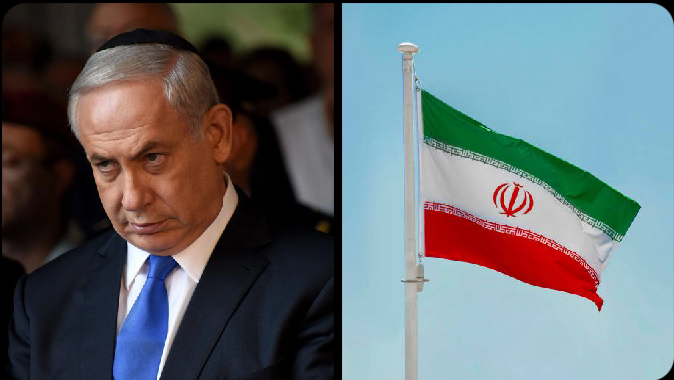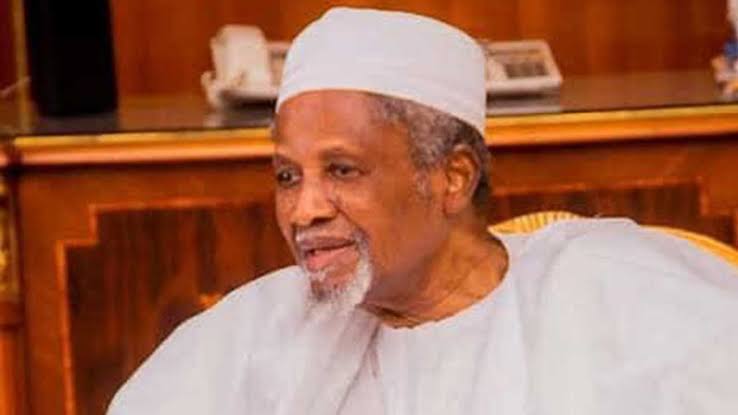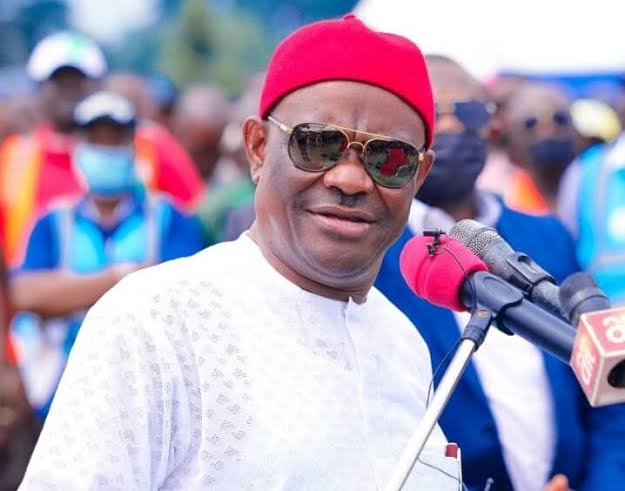
Netanyahu Declares Iran Attack Was to Prevent Another "Holocaust" Against Jews

In a chilling and defiant televised address that is already shaking the global diplomatic table, Israeli Prime Minister Benjamin Netanyahu has confirmed that the Israeli military carried out targeted strikes against Iranian facilities in what he described as a “necessary act of survival,” accusing Tehran of preparing to orchestrate another holocaust against the Jewish people. The bold admission comes just hours after explosions lit up the Iranian skies, prompting widespread speculation, panic in Middle Eastern capitals, and alarmed responses from world powers now scrambling to de-escalate the tension between two of the region’s most volatile adversaries.
The Israeli prime minister, speaking from a secure command center in Tel Aviv, did not mince words as he justified the unprecedented strikes on Iranian soil. “Israel will not wait for history to repeat itself,” Netanyahu said. “We have intelligence that Iran was in the final stages of preparing a mass-scale attack on our people. They intended to annihilate us. We acted first. Never again means never again.”
This bombshell revelation adds a deeply emotional and historical undertone to a conflict already soaked in decades of hostility and distrust. Referring to Iran’s leadership as “modern-day Nazis in turbans,” Netanyahu insisted that the threat was not just military, but existential, claiming that intercepted communications, satellite images, and human intelligence revealed an Iranian plot “more horrific than anyone could imagine.” Though no specifics were provided to the public, Israeli officials have hinted that nuclear materials and long-range ballistic weapons were central to the threat matrix.
In response to Netanyahu’s announcement, Iranian state media labeled the strikes “an unprovoked act of war,” vowing a swift and “unforgettable” retaliation. The Supreme Leader of Iran, Ayatollah Ali Khamenei, issued a rare midnight address, calling Israel’s actions a “declaration of holy war” and warning that the “Zionist entity will burn for its crimes.” Crowds have reportedly gathered in Tehran chanting “Death to Israel” as military convoys moved toward the country’s western border, triggering fears of an imminent regional escalation.
The international community has responded with a mixture of horror, disbelief, and urgent diplomacy. The United Nations Security Council is scheduled for an emergency session, with member nations divided on how to interpret Israel’s preemptive justification. While the United States has issued a statement affirming Israel’s “right to defend itself,” European leaders, including French President Emmanuel Macron and Germany’s Chancellor Annalena Baerbock, have called for restraint, emphasizing the catastrophic implications of a full-scale war between the two nations.
Meanwhile, Russia and China have condemned the Israeli strikes outright, calling them violations of international law and sovereignty. Russia's Foreign Minister Sergei Lavrov accused Israel of dragging the region toward “total destruction,” and called for an independent investigation into the claims Netanyahu made. China’s Foreign Ministry also criticized the move, urging all parties to return to diplomacy and avoid “lighting a match in a room filled with gasoline.”
Back in Israel, the mood is tense but resolute. While some citizens have taken to the streets in support of the government’s decisive action, others are stockpiling supplies and queuing outside bomb shelters in anticipation of retaliatory strikes. Tel Aviv and Jerusalem remain on high alert, with Iron Dome systems deployed and additional troops mobilized to the northern border near Lebanon, anticipating a possible response from Hezbollah, Iran’s closest proxy in the region.
The use of the word “holocaust” by Netanyahu has stirred deep emotion not only within Israel but around the world. Survivors and descendants of Holocaust victims have weighed in, with many expressing both anguish and support. “When a leader says that we are facing another holocaust, we have to listen,” said Miriam Goldstein, an 87-year-old Auschwitz survivor now living in Haifa. “People didn’t believe the signs the first time. Maybe now they will.”
Critics, however, accuse Netanyahu of weaponizing historical trauma for political ends. Some within Israel’s opposition parties have demanded clear evidence of the alleged Iranian threat and questioned the legality of launching a preemptive strike without full cabinet approval. Others accuse Netanyahu of exploiting national security to deflect from ongoing corruption trials and domestic unrest that have plagued his leadership.
In Washington, President Joe Biden has so far remained silent, but senior administration officials are reportedly engaged in around-the-clock briefings with both Israeli and Iranian counterparts, as well as allies in the region. Secretary of State Antony Blinken is said to be heading to the Middle East to broker a ceasefire and prevent the crisis from spiraling into all-out war.
In Tehran, officials have declared three days of mourning and called upon allies across the Islamic world to unite against what they called “Israeli terrorism.” Protests have erupted in Lebanon, Iraq, Yemen, and even parts of Pakistan, where demonstrators are calling on their governments to stand in solidarity with Iran. The prospect of a broader Islamic coalition entering the fray has raised the specter of a regional war that could drag in global superpowers.
As the world holds its breath, the question now is not just whether Netanyahu’s gamble will neutralize what he described as an existential threat, but whether it has lit the fuse to a conflict with devastating global consequences. With religious, nuclear, and historical elements all colliding at once, this is no longer just a Middle Eastern skirmish. This is a flashpoint that could redefine the balance of power, the interpretation of preemptive defense, and the fragile threshold between peace and apocalypse.
The next 48 hours will be critical. Allies will be tested. Enemies will calculate. And innocent civilians across the region will once again find themselves trapped between warplanes and political declarations, praying that cooler heads will prevail in a world that seems one misstep away from catastrophe.


